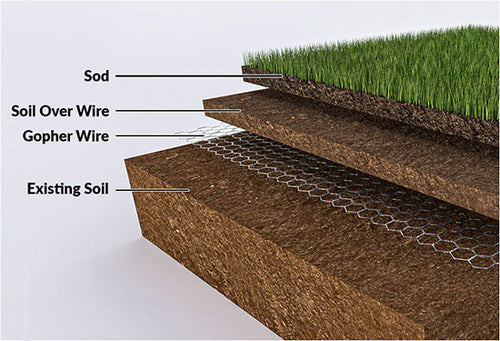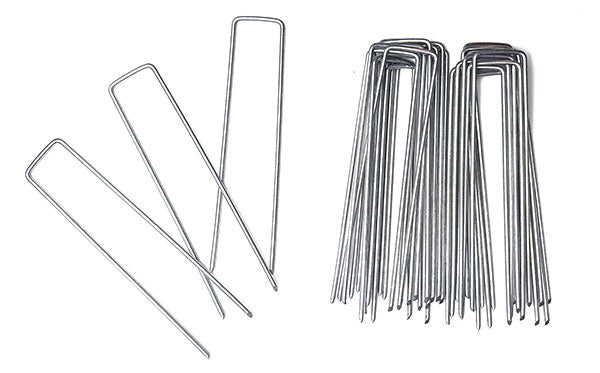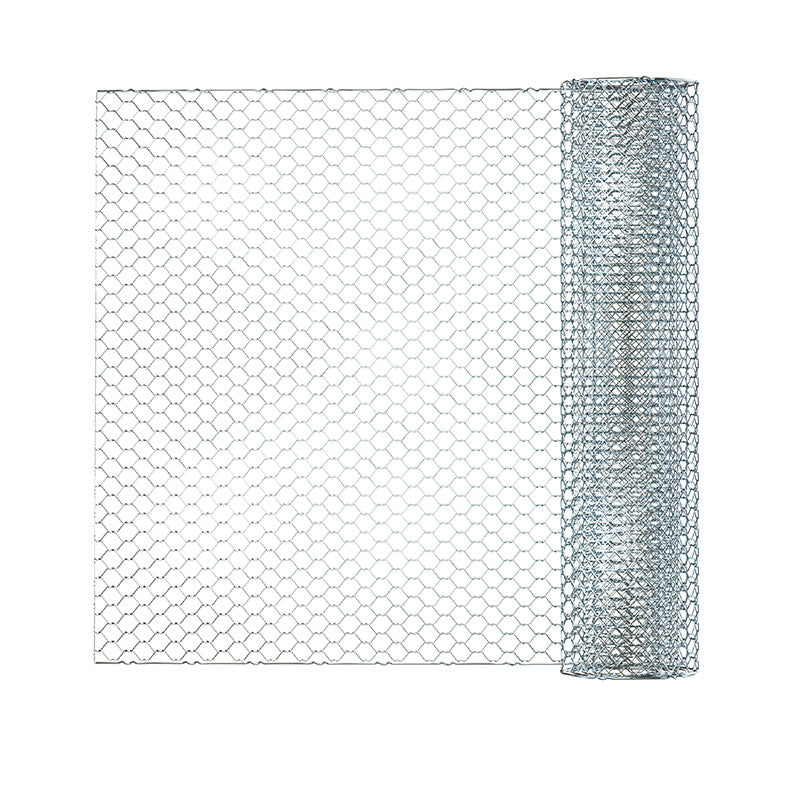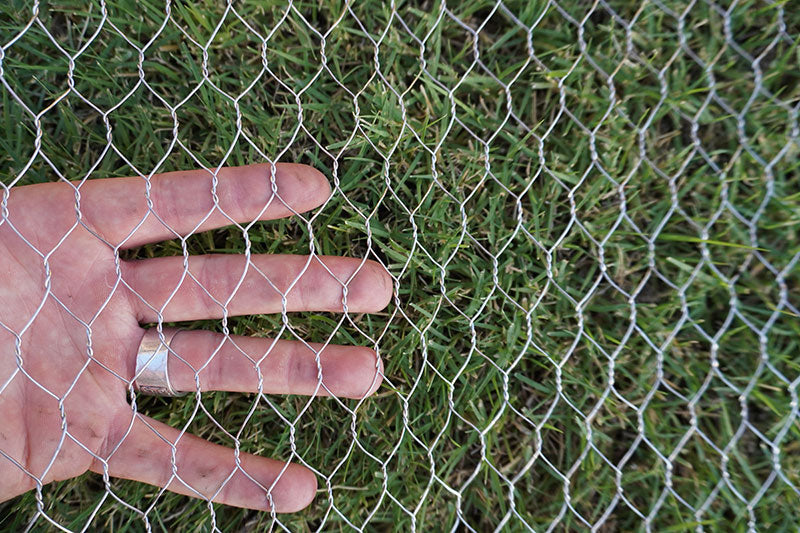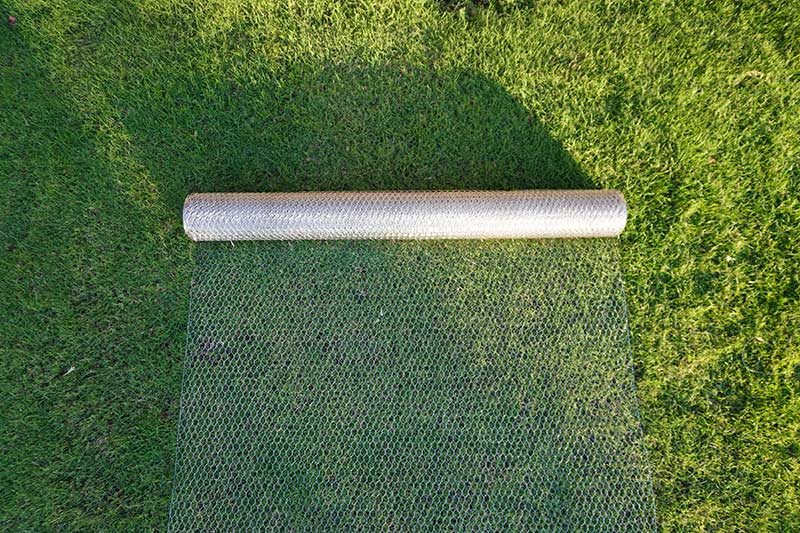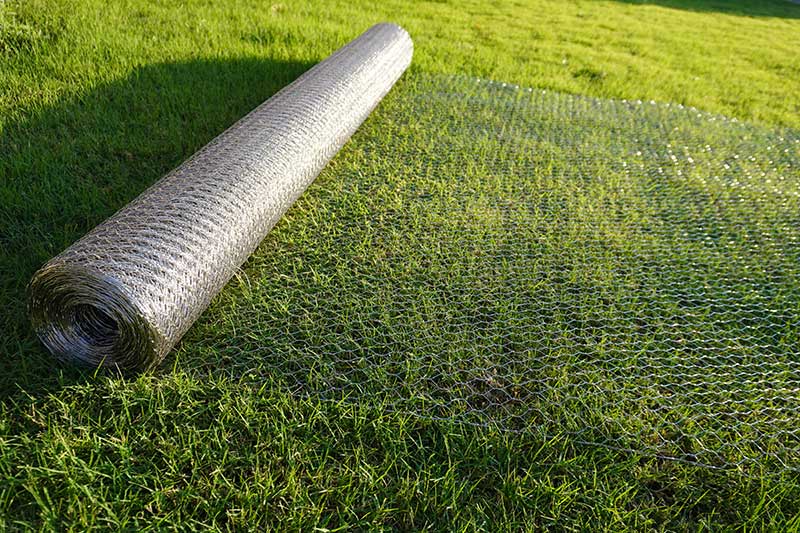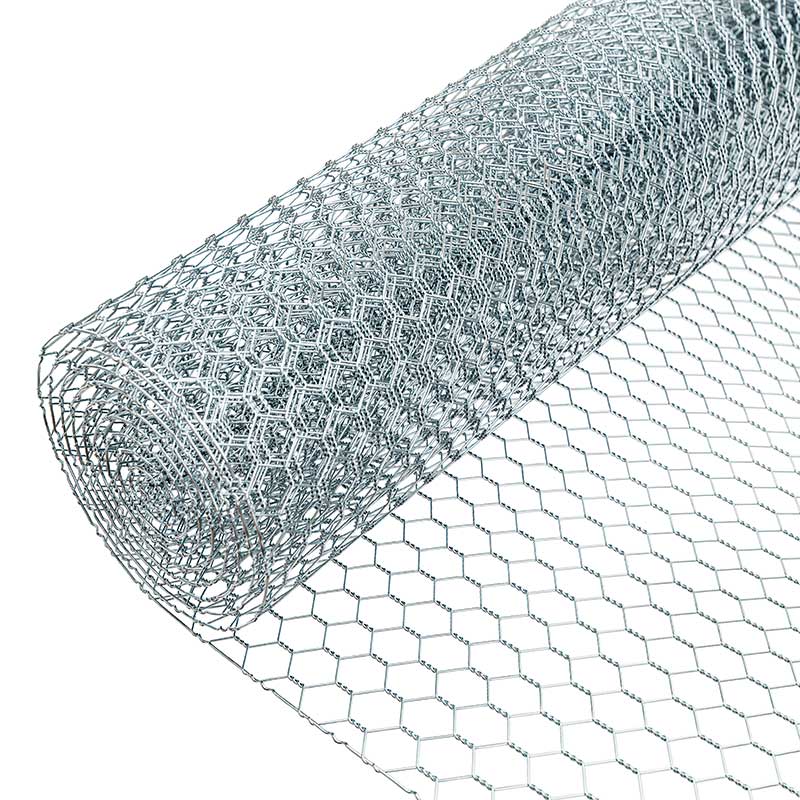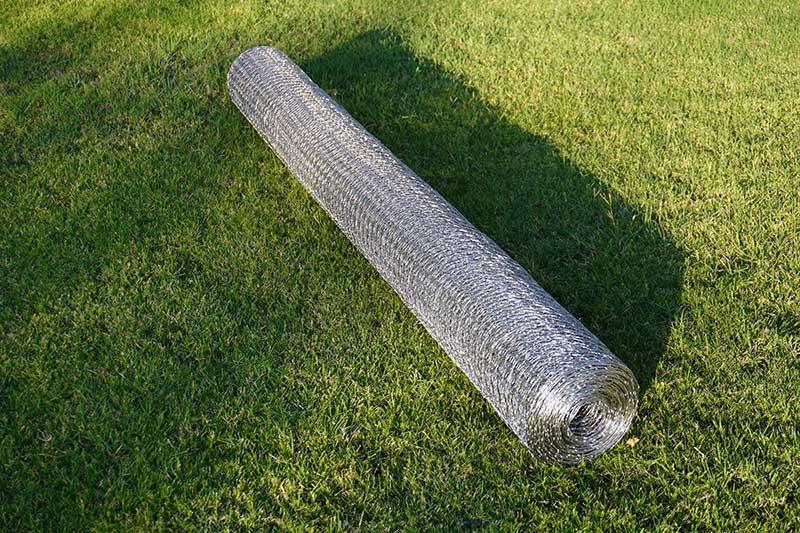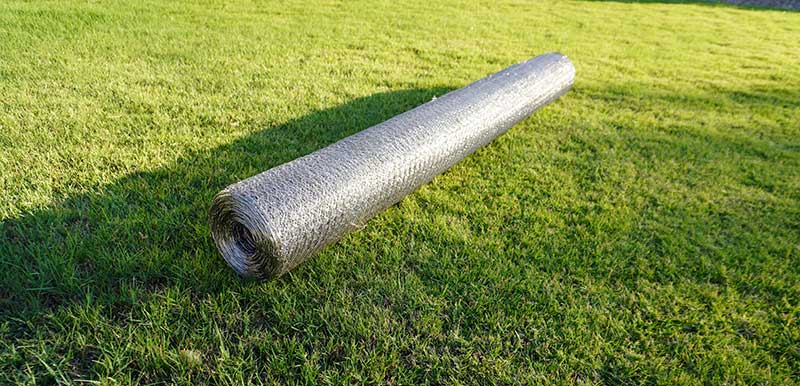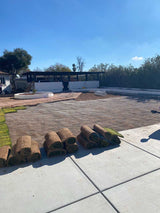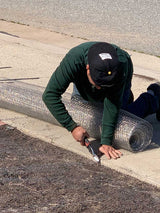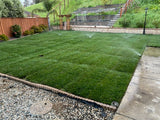20 Gauge Chicken Wire
FREE SHIPPING
Our 20 Gauge Chicken Wire is a long lasting, commercial grade wire that is available in galvanized steel and stainless steel options. The galvanized steel option is double galvanized and has an estimated lifespan of 6-10 years, including if it is buried. The stainless steel option adds a higher level of longevity and has an estimated lifespan of 25+ years. Both chicken wire products have 3/4" openings, and are available in a 100' roll length
The 20 gauge chicken wire ships from Northern CA.










